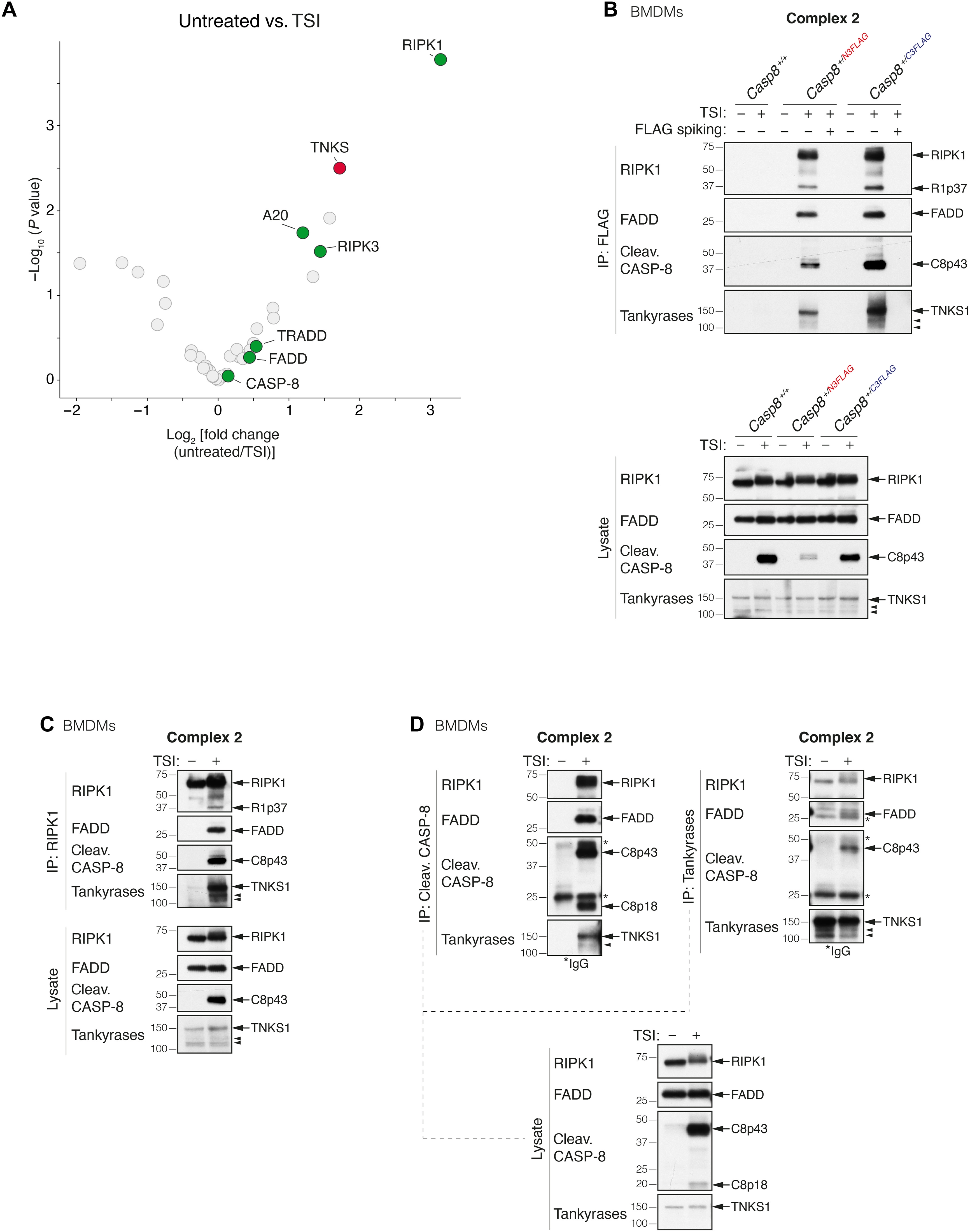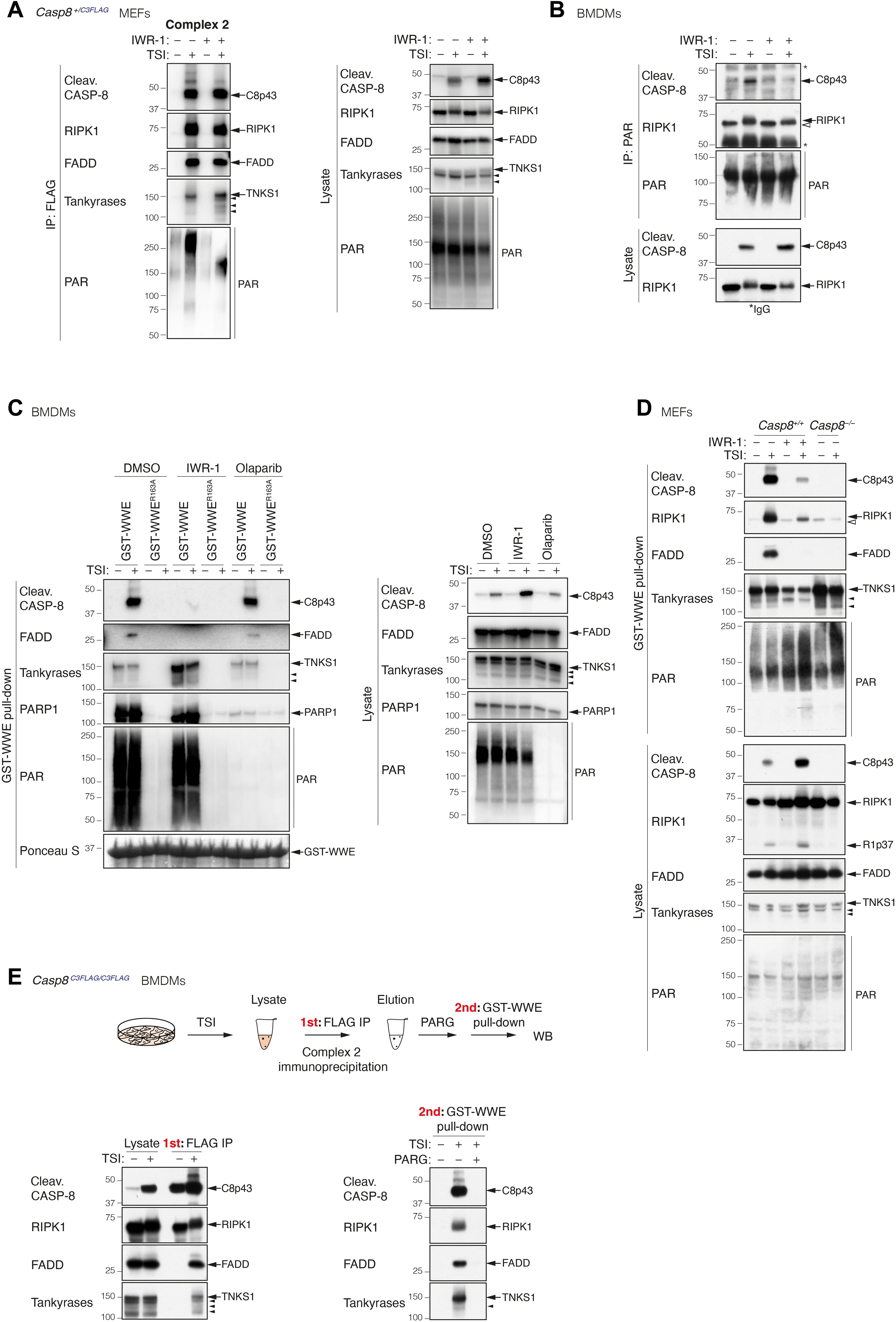It is reported that the severity of arthritis in the human body is not controlled by the principles of atlas medicine, so it can be found in a variety of fields, including rheumatoid arthritis A new example of this illustrates the key role of an enzyme in this process and how it uses a "sugar label" to prevent excessive death of healthy cells
Led by scientists at the Walter and Eliza Hall Institute of medicine, the study tried to target inflammatory diseases, which are the root cause of excessive cell death. One form is the overexpression of a natural defense mechanism our cells use when encountering pathogens, activating a protein complex called TNFR1.

Referring to the popular "Indianapolis Raiders" series of films, scientists compare this to the "doomsday Temple", because TNFR1 essentially traps pathogens because it seeks to interact with cells for survival and development.
John Silke, the study's author, said: "Just like the 'doomsday Temple' trying to trap Indiana Jones, in this case, the virus is an unlucky 'treasure hunter'. Our cells have evolved to kill themselves when they detect pathogens to protect the body. Because pathogens such as viruses need a living cell to replicate, the 'doomsday Temple' created by our cells is a very effective way to prevent virus infection."
In order to further understand this process, the author uses a mass spectrometer to accurately observe the working details of the "doomsday Temple". This reveals that an enzyme called tankyrase-1 plays an important role because it actually promotes the removal of TNFR1 death complex.

"We found that tankyrase-1 attaches a sugar molecule called ribose to the components of the TNFR1 death complex, which is like a label, triggering the removal of the protein complex," said study author Dr. Liu Lin. "This sugar label is essential to remove this complex and prevent excessive cell death."
Targeting this sugar labeling mechanism to manipulate the possibility of excessive cell death may lead to new treatments for a range of diseases driven by chronic inflammation, such as inflammatory bowel disease and psoriasis. It can also create new opportunities for the treatment of inflammation driven cancers, where anti tankyrase drugs can be used to target cancer cells expressing TNFR1 death complex, making them more likely to die.
Another possibility is to regulate the severity of the virus. In one experiment, the team showed how a sars-cov-2 protein essentially neutralizes sugar labels, activates death complexes and initiates redundant cell death processes. Finding ways to intervene in this process may lead to effective new treatments for viruses such as sars-cov-2.
Liu Lin said: "by isolating TNFR1 death complex from cells, we were able to accurately show how tankyrase-1 affects cell death. These findings surprised us. Although we have known for many years that tankyrase-1 plays a role in promoting cell growth, our research is the first time to link this enzyme with TNFR1 mediated inflammatory cell death."
The study was published in scientific progress 》In the magazine.